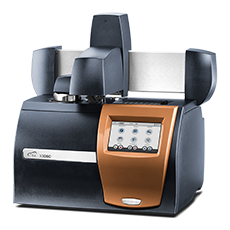How to Accelerate Successful Product Development with Rheology
Rheology is a notoriously complex field, combining mathematics and physics to characterize materials. For inexperienced users, rheology can seem like a massive challenge. Luckily, new technology simplifies rheology down to its core so you can get essential measurements without difficult training, measurements, or calculations.








